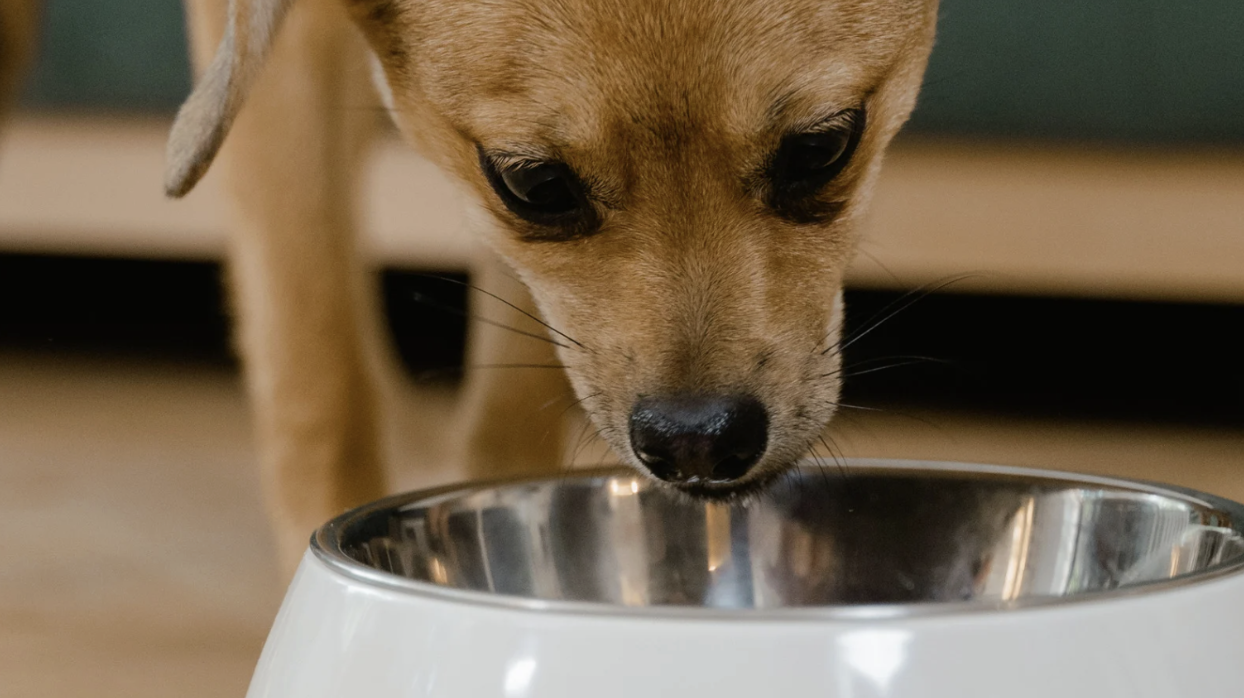


Kidney disease in dogs requires careful management! Understanding the causes of pet kidney disease and how nutritional adjustments can alleviate symptoms is essential. Discover how Petsona, an innovative brand in Hong Kong, offers dehydrated fresh food with no preservatives, retaining over 90% of its nutritional value, to provide each pet with a personalized, healthy diet plan. Pet food, wet food proportions, and nutrition management are key to improving your dog’s health.

Kidney disease in dogs can be classified as either acute or chronic. Acute kidney disease, often caused by short-term exposure to toxins like food poisoning, may be fully reversible with appropriate treatment. Chronic kidney disease, on the other hand, is long-term damage to the kidneys, which usually cannot be fully reversed. However, through diet and lifestyle adjustments, the progression of chronic kidney disease can be effectively delayed.

Sick dogs often experience a loss of appetite, so it’s recommended to prepare highly palatable fresh food to ensure adequate intake of nutrients and calories. Seek veterinary consultation if necessary.

Opt for easily digestible, high-quality proteins, such as chicken breast or fish, while controlling protein intake to maintain normal physiological function.
Avoid foods high in phosphorus and sodium, such as bone broth, and increase the proportion of vegetables and fruits to provide essential vitamins and minerals.
Omega-3 helps reduce inflammation, while B and C vitamins support metabolism and provide antioxidant benefits. Ensure proper intake based on your vet’s recommendations.
Ensure your dog drinks enough water, adjusting daily intake based on their weight and activity level to prevent dehydration.

We recommend Petsona’s pioneering customized dehydrated fresh food. Petsona is the first brand in Hong Kong to apply dehydration technology to everyday pet food. By dehydrating fresh ingredients, we retain over 90% of their nutritional value, without the need for preservatives. This extends the shelf life and ensures that the food remains nutrient-dense, even without refrigeration. Locally developed and manufactured, Petsona is your reliable partner in pet nutrition. All meals are freshly cooked in a licensed kitchen in Hong Kong, with flexible delivery options that suit your schedule, providing the most convenient service for your furry friend.

Kidney disease in dogs is divided into acute and chronic forms, with common causes including genetics, food poisoning, and aging. Managing the disease involves a low-phosphorus, low-sodium diet and nutritional supplementation. Petsona’s innovative dehydrated fresh food retains over 90% of the nutritional value of fresh ingredients, making it a perfect option for dogs with kidney disease. Choose Petsona to provide your dog with a healthier diet and help delay the progression of their condition.
1. What kind of food is best for dogs with kidney disease?
It’s recommended to choose foods that are low in phosphorus and sodium, and rich in high-quality proteins, such as fresh food or prescription diets designed for kidney disease. Petsona’s dehydrated fresh food is particularly suitable for dogs requiring nutritional control.
2. What are the features of Petsona’s dehydrated fresh food?
Petsona’s dehydrated fresh food is made from fresh ingredients, free from preservatives, and retains over 90% of the nutritional value. It is ideal for dogs with kidney disease and is convenient to store and feed.


